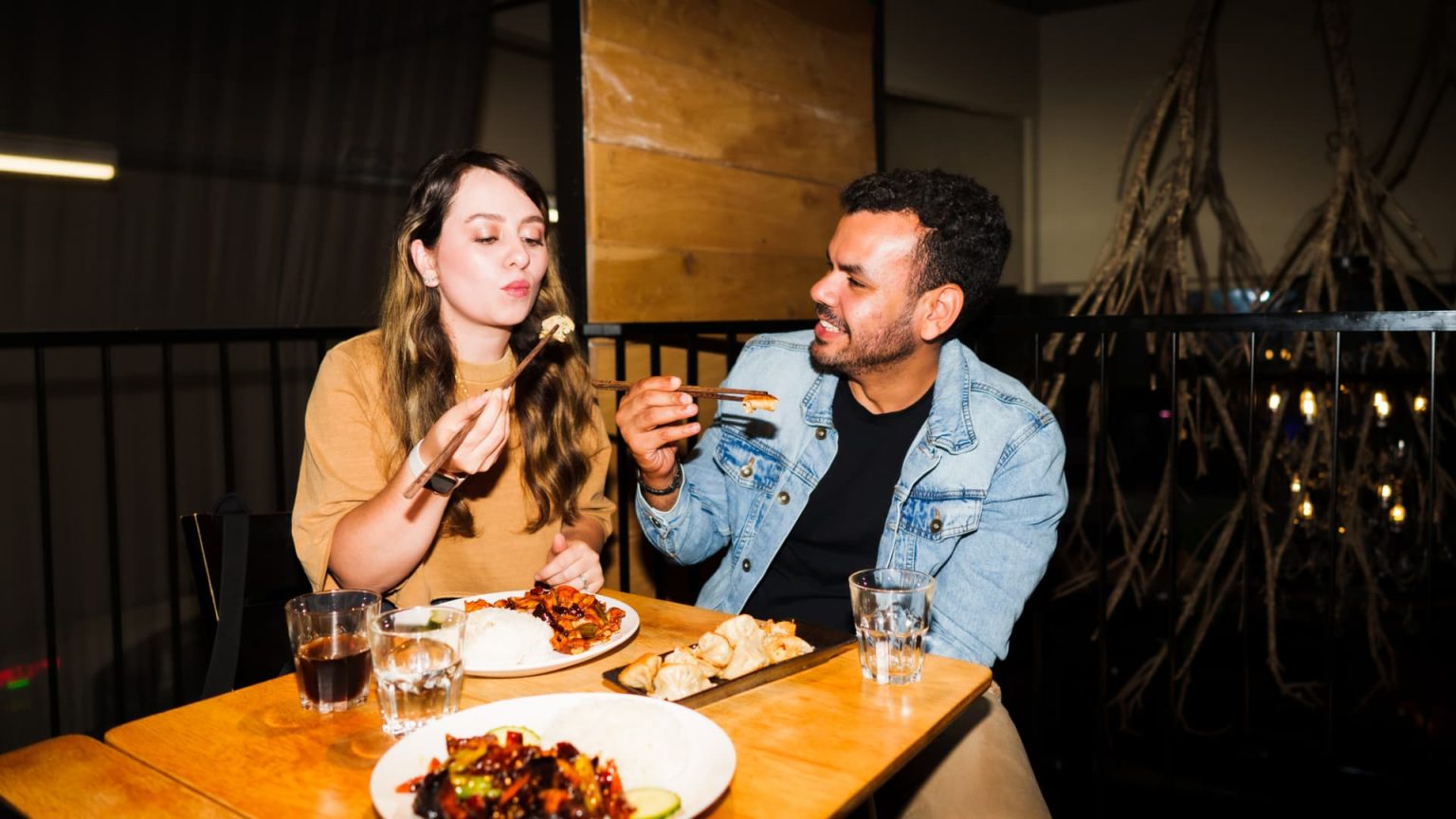Scrolling through Venmo transactions, it becomes evident that requests for comically small amounts of money are often made by friends who have more money than the recipient. This phenomenon is seemingly universal, with comments on social media reflecting on the behavior. One user joked about receiving a request for $4.72 for half a bagel, while another shared a friend’s request for $3.62 for their share of an Uber ride, despite earning $450k as a software engineer. The trend highlights a common experience where individuals with more money tend to be stingier with their finances.
Susan Bradley, founder of the Sudden Money Institute, works with clients who have come into large windfalls of cash, helping them navigate the transition from being a have-not to a have. She acknowledges that those with more money than their peers often struggle with generosity, feeling isolated or “othered.” Bradley notes that individuals in higher income brackets may feel peerless due to having fewer peers with similar financial status, leading to insecurities about their relationships being based on their wealth. This insecurity can manifest in small-dollar Venmo requests as a way of coping with these feelings.
Hal Hershfield, a professor at the University of California, Los Angeles Anderson School of Management, adds to the discussion by highlighting how individuals with more wealth may focus more on transactional relationships rather than communal ones. For example, the decision to hire movers instead of relying on friends for help during a move can impact the dynamic of the relationship from communal to transactional. Hershfield suggests that this shift in perspective can influence friendships and interactions, leading to behaviors such as requesting small amounts of money through Venmo.
Bradley recommends responding to small-dollar Venmo requests by paying them and then checking in with the friend to see if there is a deeper issue at hand. She believes that such requests may stem from unresolved issues related to feeling taken advantage of in the past, rather than a genuine concern about the money itself. By addressing the underlying emotions behind the request, it is possible to foster more authentic and meaningful relationships with friends, regardless of financial differences. Ultimately, the behavior of requesting small amounts of money through Venmo can reveal deeper insecurities and interpersonal dynamics that are worth exploring for a healthier social environment.
In conclusion, the trend of rich friends making small-dollar Venmo requests sheds light on the complex dynamics of friendships and wealth. Individuals with more money than their peers may struggle with feelings of isolation, insecurity, and a focus on transactional relationships. By recognizing the underlying emotions behind these requests and engaging in open communication with friends, it is possible to navigate these challenges and foster more genuine connections. The discussion surrounding small-dollar Venmo requests serves as a reminder to prioritize understanding, empathy, and authentic interactions in all relationships, regardless of financial differences.













